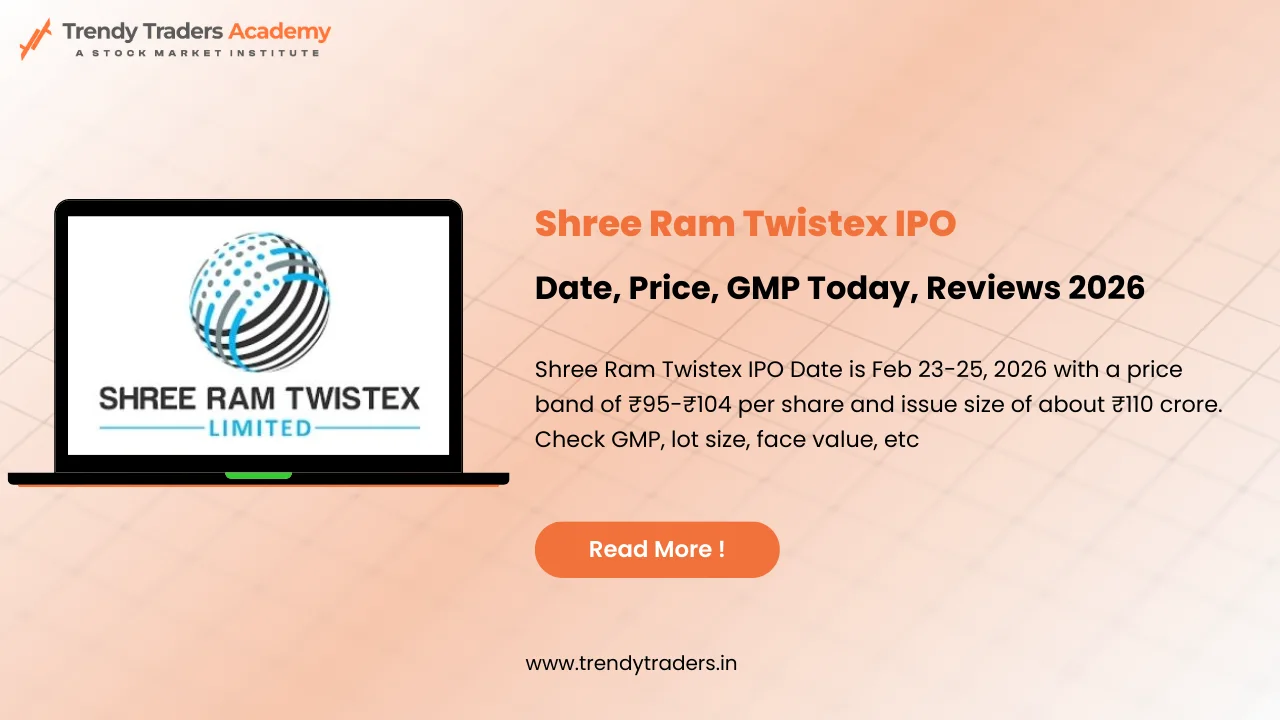
Can Government Employee Do Trading? A Guide for India’s Public Servants
Many government employees wonder: can government employee do trading, especially in shares? Or is it limited to long-term investing? This guide answers your questions clearly.
Legal Rules: Trade vs. Invest
Under India’s Central Civil Services (Conduct) Rules, 1964, particularly Rule 16, public servants cannot speculate—for example, short-term trading, intraday, or futures and options. Frequent buying and selling in hopes of quick profits is off-limits.
However, long-term investing—where holdings are intended to be held over months or years—is allowed. That answers the question can government employee invest in share market, as long as it’s for the long haul?
So, Can Govt Employee Do Trading?
The short answer: No, if by “trading” you mean active speculation. Intraday trading, daily futures or options setups, and constant churning are considered speculative and are not allowed.
But yes, government employees can hold stocks—just not trade them frequently.
What Counts as “Frequent” or Speculative?
Unfortunately, the term “frequent” isn’t precisely defined. It depends on the discretion of the department or disciplinary authority. The key takeaway? If you’re conducting short-term trades or intraday deals repeatedly, it could be flagged as speculation.
Disclosure and Reporting Rules
There’s more: If your investment transactions exceed a certain threshold—typically six months’ basic salary—you must inform your department in writing before January 31 each year
Keep in mind, even if your trading is technically not frequent, large investment volumes require administrative transparency.
Investing with Integrity: What You Can Do
If you’re wondering can government employee invest in share market without stepping on a rule, here are compliant options:
- Buy-and-hold stocks, held for many months or years
- Systematic Investment Plans (SIPs) in mutual funds
- Public Provident Fund (PPF), National Savings Certificate (NSC), NPS, Government savings bonds
- Demat and stock investments, as long as they’re not speculative
These are all generally acceptable and align with long-term wealth creation.
Why These Rules Exist
- Avoid misuse of insider knowledge: Government officials often access confidential data; speculative trading could invite misuse.
- Prevent conflict of interest: You shouldn’t use trades to influence official duties.
- Ensure fairness and silence speculation: Rapid trading can distract from service and rile up questions of integrity.
What Happens If You Break the Rules
Violations of Rule 16 has serious consequences:
Disciplinary action, which may include censure or even dismissal of the government employee.
Investigative scrutiny from departments or anti-corruption agencies.
Loss of reputation and trust within the public services department.
Permissible Avenues for Cautious Investing
Here’s how to stay within the lines:
- Make occasional equity purchases via coded brokers
- Invest in mutual funds or ETFs for long-term growth
- Participate in IPOs or FPOs—but avoid any pre-launch influence
- Continue investing in bonds & government-backed schemes
Are Derivatives (F&O) or Cryptocurrency Allowed?
No. Rules consider derivatives and crypto trading as speculative. So, can govt employee do trading in F&O or crypto? The answer: not allowed
Can Family Members Trade for the Govt Employee?
The rules also apply to family members and agents. If they speculate in stocks, especially based on inside knowledge, it could be considered an indirect violation
What About Officials Involved in IPOs?
If your job intersects with pricing or administration in public sector IPOs, you’re not permitted to apply for those shares—even through family members .
Smart Investment Tips for Government Staff
- Set long-term financial goals beyond just capital appreciation
- Diversify—blend equities (long-term), mutual funds, PPF, and bonds
- Stay under trading thresholds to avoid excess disclosure
- Document every purchase or sale, especially when crossing income lines
- Regularly check departmental SOPs—some ministries may have extra rules
How Government Employees Can Build Wealth the Right Way
While the rules are clear about speculative trading, they don’t prohibit wealth creation through disciplined investment. Actually, a lot of government employees make a solid financial pillar with the help of safe and transparent investment instruments. The main goal is to respect and obey the compliance rules while benefitting from the long-term potential of market-linked vehicles.
1. Understand the Power of Compounding
The power of compunding is the most hidden secret in long-term investing. When a government employee decides to put money into mutual fund or equity-linked savings scheme(ELSS) through Systematic Investment Plans, they stay away from speculation while diving into a method that grows gradually over the course of time. For instance, investing ₹5,000 per month over the course of 20 long years with a annual return over 12% can give one a ₹50 lakh corpus, which is legal, ethical and a smart move.
2. Use Investment to Beat Inflation
Even though, public sector salaries and pensions are considered dependable, they never manage to beat inflation. Having a diversified portfolio with the combination of blue-chip stocks, government bonds and hydrid mutual funds help us safeguard the real value of one’s savings. It ensures that one’s money does not lose its purchasing power over the course of time.
3. Choose Tax-Efficient Avenues
Investment schemes like Public Provident Fund(PPF), National Pension System(NPS) and ELSS mutual funds are superb choices for tax-saving investment schemes. They offer tax reductions under Section 80C while sticking to one’s long term vision. One can claim benefits without the need for violation of service laws.
4. Focus on Financial Education
For government employees trading can be off limits but financial literacy isn’t. Government employees must take time to grasp the basic investment concepts. Even having basic knowledge of asset allocation, diversification and planning of goals will lead to better decisions.
5. Seek Registered Advisors If Needed
If one is unsure about what type of investments are allowed and how one can make their portfolio, they can seek help from a SEBI-registered investment advisor. They help align one’s investments while keeping in mind the regulatory rules and keeping in mind their risk appetite.
Summary: Can Government Employee Do Trading?
Question | Answer |
Can govt employee do trading? | No, not if it’s speculative or frequent. |
Can government employee invest in share market? | Yes—through long-term investment options. |
Speculation via derivatives allowed? | No—F&O, intraday trades are not allowed. |
Do family trades count? | Yes—family must also avoid speculative trades. |
IPOs allowed? | Yes, unless you’re involved in public-sector IPO pricing. |
How to Build a Compliant Investment Plan
- Open a Demat account with a SEBI-registered broker
- Start SIPs in equity mutual funds
- Buy blue-chip stocks sporadically for wealth accumulation
- Balance with PPF/NPS/Funds—add stability and tax benefits
- Track transactions yearly and report if limits exceed
- Align with departmental guidelines to avoid unintentional breaches
Final Thoughts
When pondering if a government employee can trade, the clear takeaway is: investment is fine, trading is not. The focus should be one long term vision and discipline but not short-term gains. By following the laws, having proper documentation and not taking frequent trades, government employees can compound their wealth in a responsible and ethical manner.
FAQ'S
Can government employee do trading?
Frequent trading and speculation are not allowed. You may only invest for the long term.
Can govt employee do F&O?
No—derivatives fall under speculation and are prohibited.
Can government employee invest in share market?
Yes, through long-term purchases, mutual funds, and PPF but not speculation.










